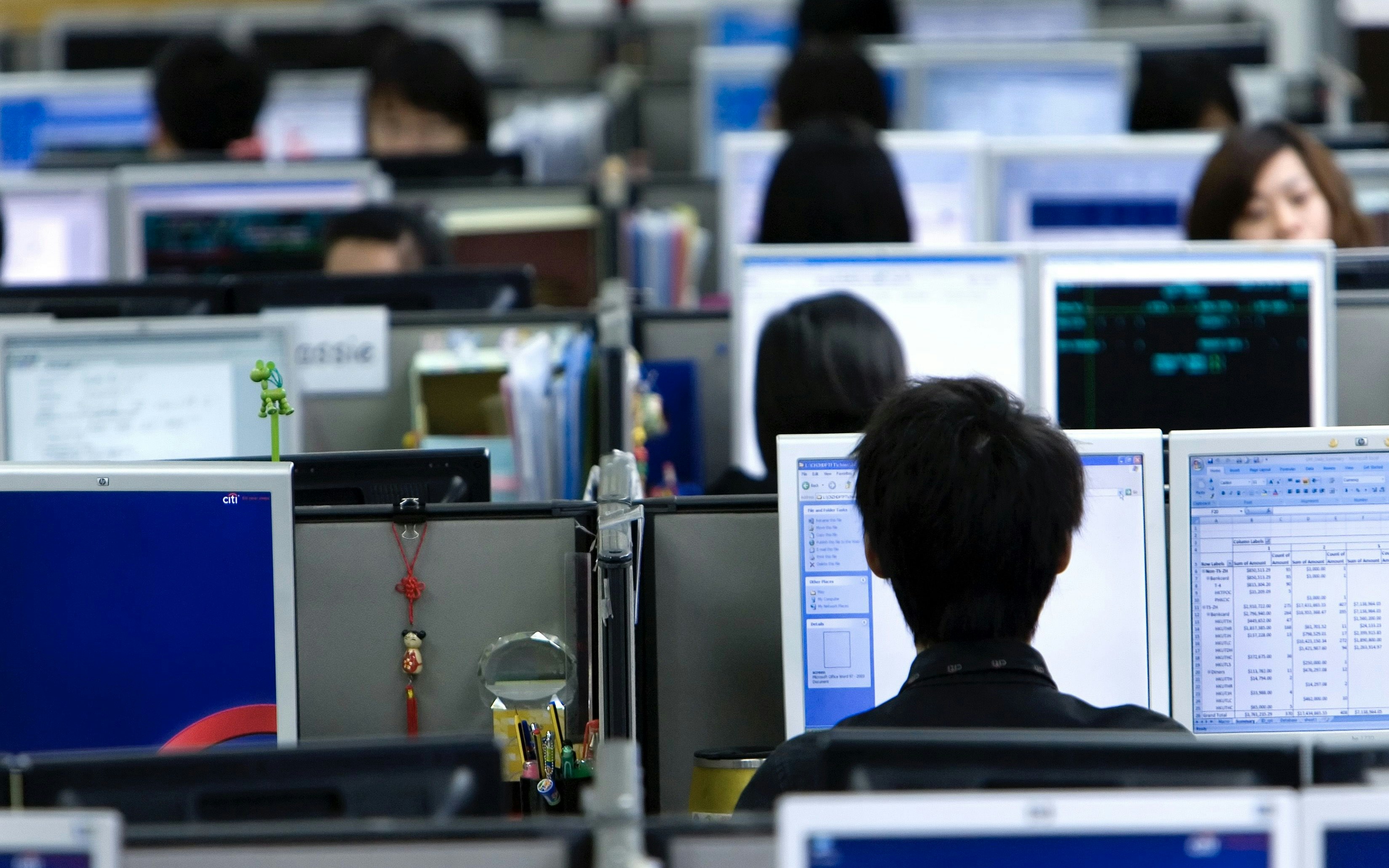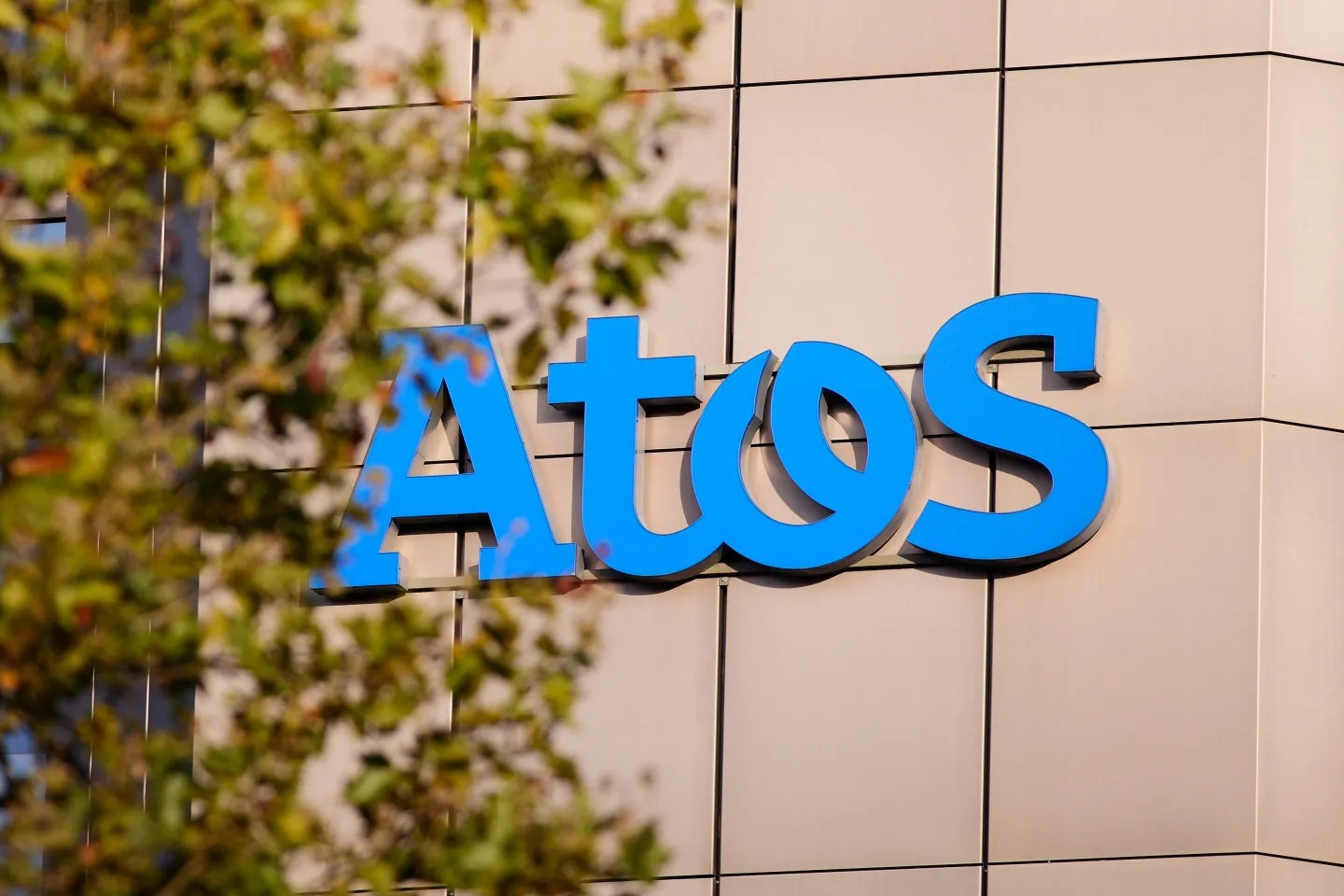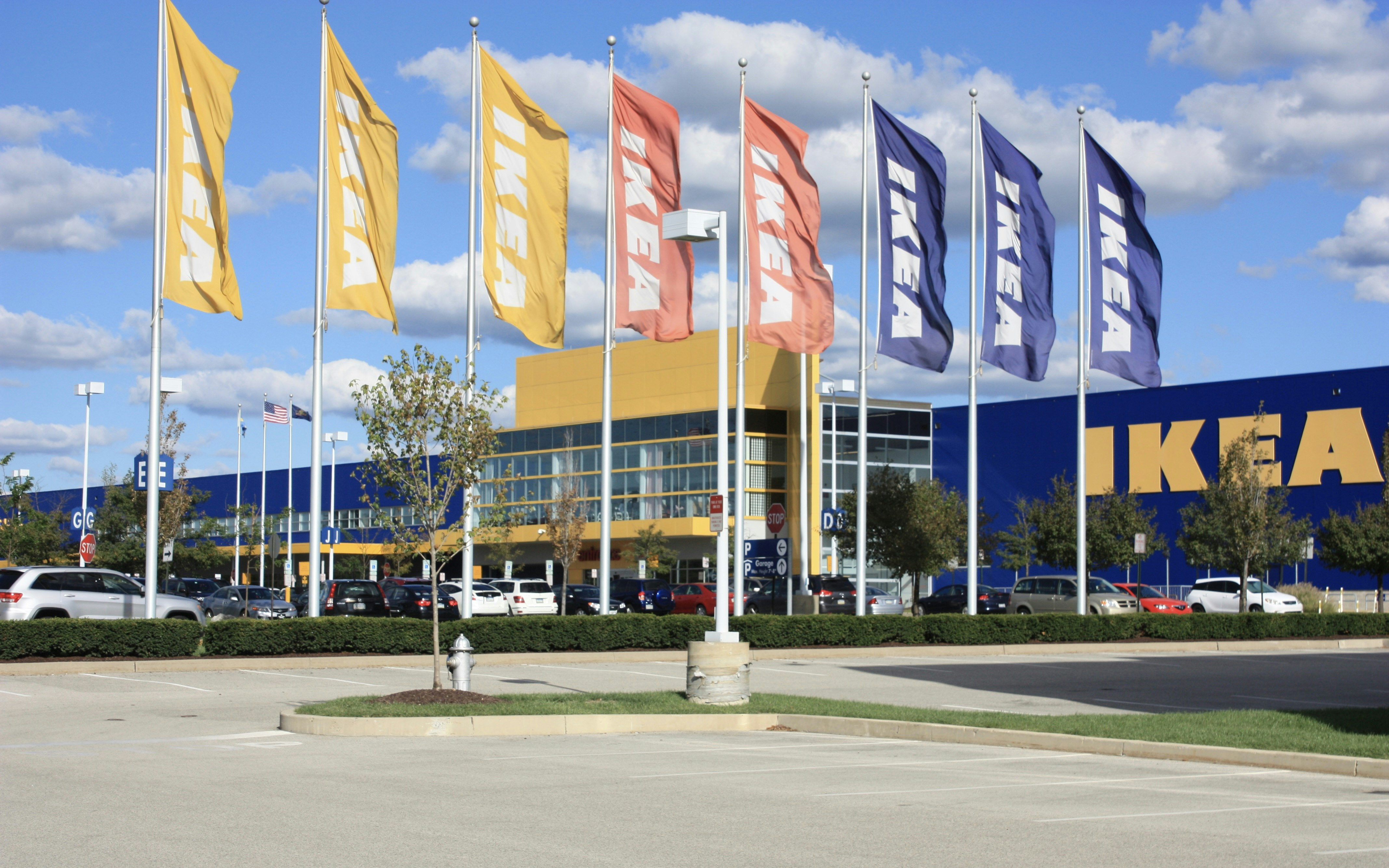Technology
Strict work culture in China's tech industry intensifies
In light of the decline in growth, employers are squeezing more working hours out of fewer employees.

In a recently held video conference with his office staff, JD.com founder Richard Liu warned that his company has no place for employees seeking a work-life balance.
We have employees who want to enjoy life and prioritize life over work. I can understand if someone does not want to work hard; everyone makes different choices... so I can only say, you are not our brother, you are a passerby," Liu told the participants, according to a recording posted on social media. "We should not work together.
Liu said that the Chinese e-commerce company will ramp up efforts to identify IT engineers who do not work hard and do not deliver, while rewarding high-performing employees.
This warning is not unusual. In the face of a new reality of low growth, increasing competition, and investor apathy, many executives in China's tech industry are reducing staff and placing higher demands on the remaining employees.
Engineers in China have never enjoyed the level of perks offered to their counterparts in Silicon Valley, where employees benefit, among other things, from company doctors and sushi bars. Jack Ma, founder of Chinese e-commerce company Alibaba, famously said that the industry-standard 996 working hours (9 a.m. to 9 p.m., six days a week) were a "blessing." However, under President Xi Jinping's "common prosperity" campaign, which aims to reduce income inequality and promote fairness, the relentless work schedule has improved in recent years.
Now, as growth slows and stock prices suffer – the five largest publicly traded tech companies in China have lost about 1.3 trillion dollars in market value since their peaks in 2021 – executives are returning to the leaner and tougher times of their start-up days.
Some in the industry view the e-commerce group Pinduoduo as a role model. Last year, the Shanghai-based company generated a profit of 60 billion RMB (6.5 billion pounds) – or 3.4 million RMB per employee – three times the productivity of Tencent and nine times that of Alibaba.
To achieve this, Pinduoduo employees work long and hard hours. In 2021, two employees died in incidents that colleagues attributed to overwork. A former employee said that during her two years at the company, the working hours were so long that she "practically gave up social interactions, hobbies, and even my romantic life." "After I left, it was like reconnecting with society," she said.
Pinduoduo stated that it is a "dynamic and fast-paced company" and "committed to providing our employees with a positive and productive work environment.
To increase their own efficiency, industry giants Alibaba and Tencent have laid off tens of thousands of employees since 2021. Executives at Tencent admitted that they added "lower-cost heads" when hiring, which typically means younger workers.
Ding Wenhua*, who recently left TikTok, owned by ByteDance, said that avoiding job losses feels like a game where the platform you stand on is constantly shrinking and you have to jump to avoid falling. "The feeling of potential layoffs is always present, and everyone is quite tense and worried about it.
New euphemisms obscure the pain. Companies talk about "optimizing" their workforce, and employees tell friends that they are "graduating" or receiving "big gift packages" from employers, which means they have been laid off with severance pay.
The upheavals are most traumatic for older tech professionals, typically anyone over 35, who face the greatest threat of layoffs and the toughest job market. Supervisors often view those over 35 as expensive and less willing to accept long working hours due to family obligations. “It has never been so hard to find a job,” said an infrastructure engineer who was recently laid off by the ride-hailing platform DiDi and is approaching 40.
Jenny Chan, Associate Professor of Sociology at the Hong Kong Polytechnic University, added that tech companies are "looking for young, unmarried talent who have time flexibility in megacities, while they dismiss the older and 'less competitive' ones." "Conflicts between work and home are acute for those with families," she said.
Last year, the job platform Lagou and the consulting service Yixinli surveyed 2,200 professionals in China's largest cities about their work. The survey showed that 60 percent were concerned about unclear career prospects and 44 percent about the lack of work-life balance.
Many people in this industry experience a certain degree of depression; the pressure on us is very high," said a TikTok employee in China who reported taking medication for mental health issues at times. The global presence of TikTok means that the work never ends, she said. "I often attend meetings in the middle of the night.
The 31-year-old said that the demanding culture at ByteDance, the parent company, was more stressful than the long working hours. She referred to it as 'neijuan,' a widely used term in China that describes the relentless competition to outdo one's colleagues.
Here is the translation of the heading to English:
Biao Xiang, a social anthropologist at the Max Planck Institute, said that the word translated as "involution" has become popular in China because workers associate their personal insecurity with larger changes. "The economy overall is no longer growing, so there is no absolute increase in opportunities," Xiang said. "What do you do? You just have to draw more out of yourself, more out of your workers, work increasingly intensively without achieving any real gains.
For many in China, the comments made last month by Baidu's Vice President of Public Relations, Qu Jing, illustrated the impact of "neijuan." In a series of short videos posted online, Qu expressed her expectations for employees, such as the willingness to accompany her on business trips for more than a month.
If you don't want to travel with me for 50 days and want to go home, then don't come and ask for a raise or promotion," she said in a video. Qu added that she expects employees to be always reachable. She doesn't care if the work affects their private life. "I am not your mother," she said. "I only care about results.
After Qu's short videos went viral in China, Baidu dismissed her and informed employees that her views did not reflect the company's culture, Chinese media reported.
But tech workers who spoke to the Financial Times said they recognized Qu's attitude in their own bosses, who expected work to always come first. Dedication was a prerequisite for advancement, and working hours were often enforced by the requirement to clock in and out.
Even when you are on vacation, you basically still have to respond to messages," said Ding. "Meetings that you are supposed to attend should still be attended, otherwise it can become very problematic.
A developer at Tencent Games agreed that the work is often all-consuming. "On the outside, I seem very calm," he said. "But the pressure is intense, we are like gears that break due to lack of lubrication.
On weekends, when I don't have to work overtime, I lock myself in for two days so that I don't have to talk." He blamed neijuan and the absence of independent labor unions for the situation.
Tencent, ByteDance, and JD did not respond to requests for comments.
Nevertheless, the tech sector remains the best field of work for many in China. Fresh graduates are attracted by the relative meritocracy of the companies, where hard work and strong performance can lead to social mobility. The industry offers some of the best-paid jobs in the country, especially as Beijing puts pressure on financial institutions to lower employee salaries.
The reason I stay is simple – the salary is high," said the TikTok employee. "It’s a place where ordinary people can enjoy opportunities through hard work." Companies typically also offer perks like free meals and on-site fitness centers.
Tech workers have made some progress in addressing long working hours.
In 2019, programmers organized a campaign against the industry-standard 996 working hours. It became known as 996.icu, a humorous reference to the saying that the work schedule ends with a stay in the intensive care unit. They gathered on GitHub, out of reach of Beijing's censorship.
The anti-996 movement briefly gained the sympathy of state media. In 2021, China's Supreme Court declared the 996 schedule illegal. However, the victory did not come without costs. Authorities arrested three labor activists involved in the campaign and sentenced them to prison terms of two to five years.
Employees in the technology sector report that the expectation of regular Saturday work has been terminated in most companies, even though the working hours during the week remain long.
But for bosses who have to compete in China's intense technology sector, the drive to push employees to peak performance remains.
Li Ming, a technology entrepreneur, said he was considering how to get his small team to work harder and added that he was dissatisfied that some employees left every evening before him.
On the one hand, I understand that my employees leave every evening at 7:30 PM; they have families to return to," he said. "On the other hand, I want them to work until 9 or 10 PM, as our competitors do. How can we survive if we don't do the same?









